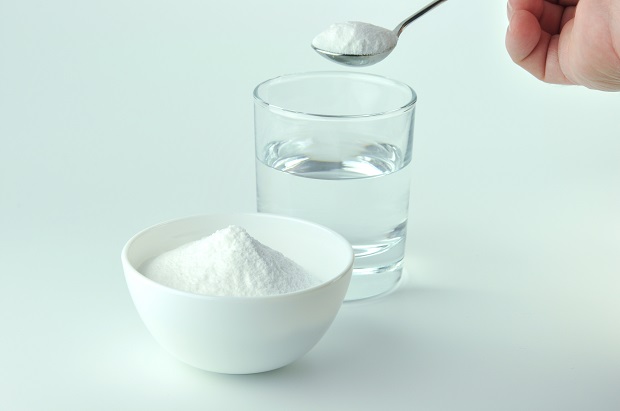
How Can I Treat Wisdom Teeth Pain?
The wisdom teeth are the final teeth in the adult dentition to emerge, usually in the late teen years between 17-25, and for many, when they emerge, they are painful. The following are tips from the leading health experts to help alleviate tooth pain.
Jump Ahead
- Visit Your Dentist
- Rinse with Warm Salt Water
- Hydrogen Peroxide Rinse
- Take a Pain Reliever
- Old Fashioned Ice Pack
- Flossing May Provide Relief
- Be Cautious with OTC Numbing Tooth Products
- Resources
Visit Your Dentist
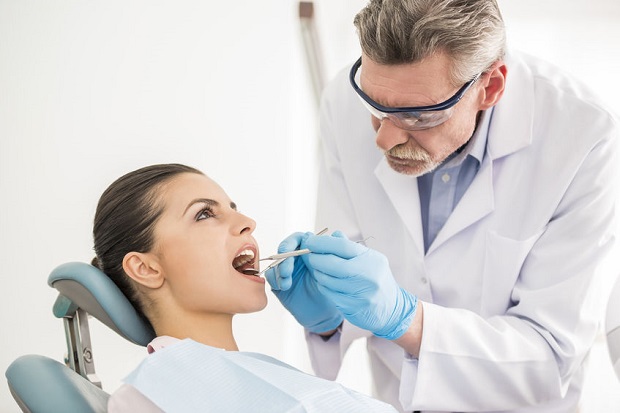
The first step to take when it comes to tooth pain is to call your dentist. The American Dental Association advises that a little discomfort is normal as wisdom teeth appear, but pain could be the sign of something more serious such as impacted wisdom teeth or an infection. [1]
Once you have made an appointment with your dentist, there are a few home remedies that many find helpful to ease tooth pain.
Rinse With Warm Salt Water
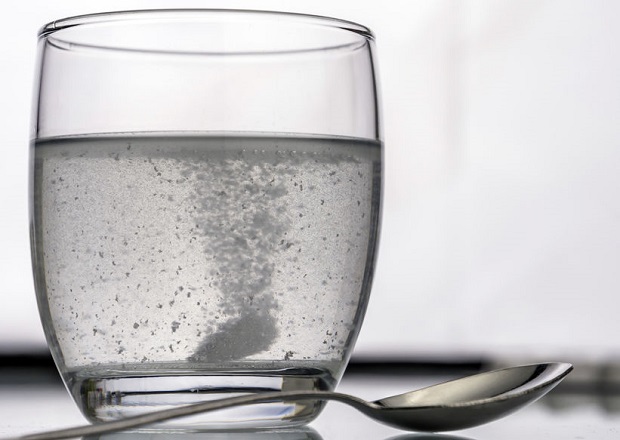
The National Health Service recommends trying a saltwater rinse for toothaches in adults. (They do not advise this for children.) Here’s how to mix a soothing warm saltwater cocktail:
- Dissolve 1/2 teaspoon salt in a glass of warm water.
- Rinse your mouth with the solution, then spit it out. Make sure not to swallow it.
- Repeat as often as you like. [2]
Salt is a natural disinfectant. When used as a saltwater rinse, it can reduce inflammation, heal mouth wounds, and offer toothache pain relief [3]
Hydrogen Peroxide Rinse

The professionals at Cleveland Clinic suggest swishing with a hydrogen peroxide rinse. They advise mixing equal parts of hydrogen peroxide with water. They strongly caution against ever rinsing your mouth with pure hydrogen peroxide.
- Mix equal parts of hydrogen peroxide with water.
- Swish the solution in your mouth.
- Spit. Never swallow!
A hydrogen peroxide rinse can ease tooth pain and inflammation. It helps bleeding gums as well. [4]
Take a Pain Reliever

Taking an over-the-counter pain reliever is often recommended for tooth pain. According to ADA-endorsed guidelines, nonsteroidal anti-inflammatory drugs (NSAIDs) have been shown to be more effective at reducing pain than powerful prescribed opioid analgesics. [5]
NSAIDs include Ibuprofen (Motrin®, Advil®), Aspirin (Bayer®, St. Joseph®), and Naproxen sodium (Aleve®). [6]
Some folk remedies suggest crushing an aspirin or any of the aforementioned over-the-counter pain relievers into a paste and applying it directly to the source of the pain, the gums. Aspirin and other medications can actually burn the gums and should NEVER be used directly in this manner. [7]
Old Fashioned Ice Pack

The professionals at Cleveland Clinic also suggest using ice packs for tooth pain.
- Wrap ice or frozen vegetables in a clean cloth.
- Apply to the outside of your jaw where you are experiencing pain.
- Hold in place for 20-minute intervals several times per day.
Ice can help to shrink blood vessels and reduce inflammation and pain. [8]
Flossing May Provide Relief
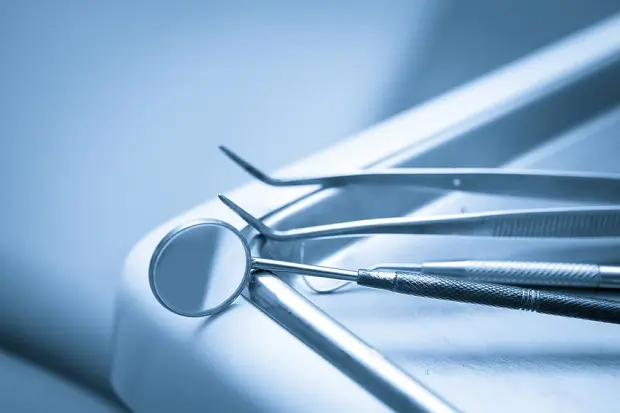
Food particles wedged between already swollen gums and teeth can cause even more pain. Seattle Children’s Hospital suggests flossing on either side of the painful tooth to remove any wedged food. [9] Don’t be overzealous, as irritation to the swollen gums could cause further discomfort.
Be Cautious with OTC Numbing Tooth Products
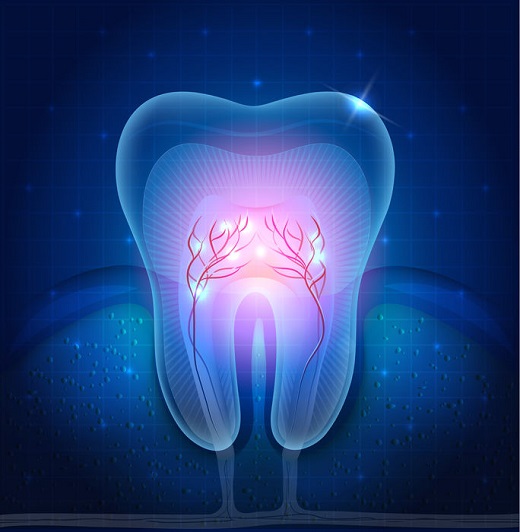
Mayo Clinic advises talking to your doctor before using any products that contain benzocaine, such as Orajel®, Anbesol®, Orabase®, etc. According to the Mayo Clinic website, “Benzocaine has been linked to a rare and serious, sometimes deadly, condition called methemoglobinemia, which decreases the amount of oxygen that the blood can carry.” [10]
They further advise not to use these products in children younger than two years old.
Resources
- [1] American Dental Association – “Wisdom Teeth.“
- [2] National Health Service – “Toothache.“
- [3][4][8] Cleveland Clinic – “Toothache: Symptoms, Causes & Remedies.“
- [5] ADA – “Oral Analgesics for Acute Dental Pain.“
- [6] Cleveland Clinic – “NSAIDs (nonsteroidal anti-inflammatory drugs).”
- [9] Seattle Children’s Hospital – “Toothache.“
- [7][10] Mayo Clinic – “Toothache: First aid.“
DISCLAIMER: THIS WEBSITE DOES NOT PROVIDE MEDICAL ADVICE
The information, including but not limited to text, graphics, images, and other material on this website, is for informational purposes only. No material on this site is intended to be a substitute for professional medical advice, diagnosis, or treatment. Always seek the advice of your physician or other qualified healthcare providers with any questions you may have regarding a medical condition or treatment before undertaking a new healthcare regimen, and never disregard professional medical advice or delay in seeking it because of something you have read on this or any other website.



